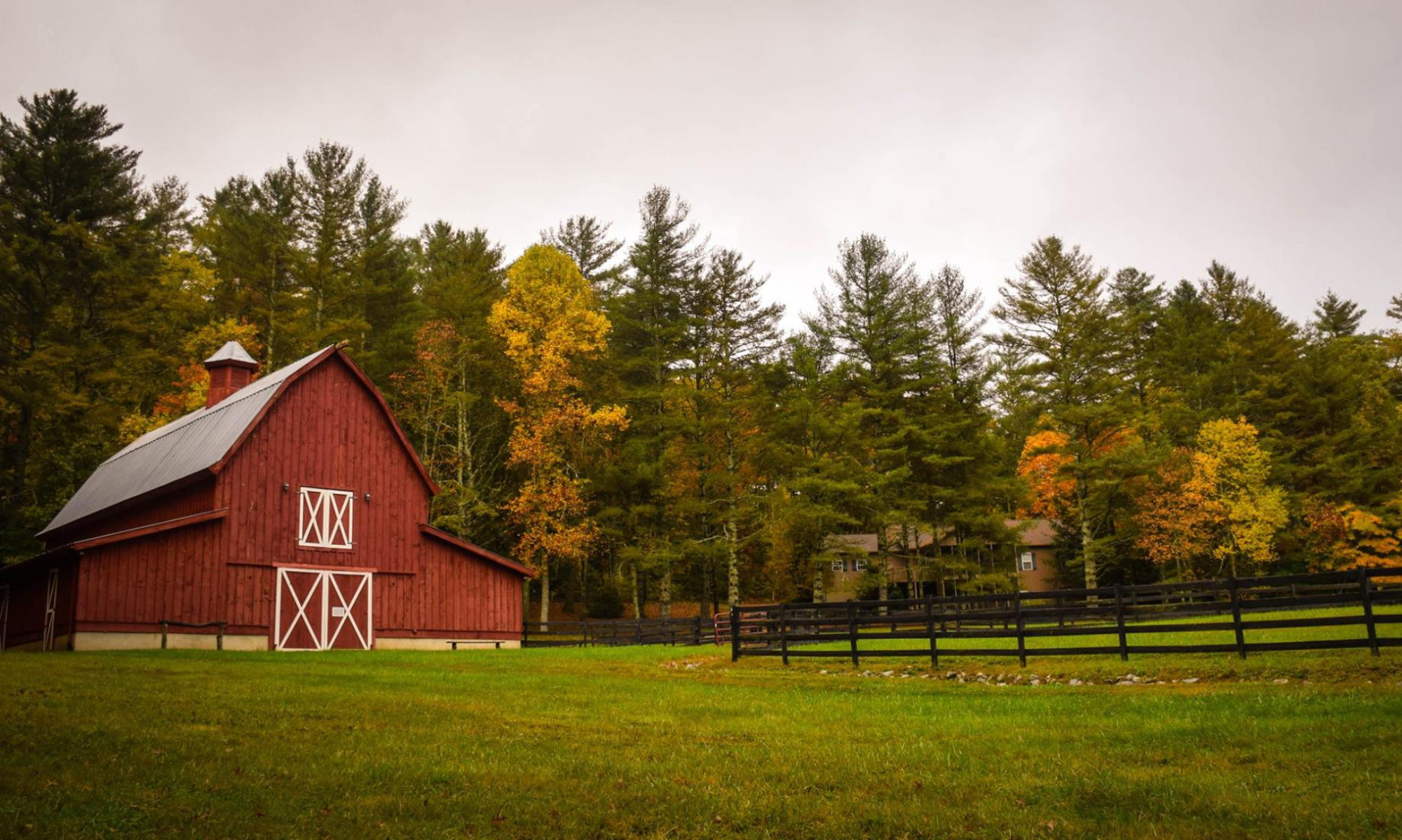This story from last week just came to my attention.
USDA plants its own pro-CAFTA news
WASHINGTON – (KRT) – The U.S. Department of Agriculture has churned out three dozen radio and television news segments since the first of the year that promote a controversial trade agreement with Central America opposed by labor unions, the sugar industry and many members of Congress, including some Republicans.
Amid an intense debate over government-funded efforts to influence news coverage, the pre-packaged reports have been widely distributed to broadcast outlets across the country for easy insertion into newscasts.
Readers will recall that this is not the first time this administration has drawn attention for muddling in news reporting. A number of these reports incorporate sound bites from Agriculture Secretary Mike Johanns and other top officials at the USDA.
In one radio segment, Agriculture Secretary Mike Johanns said that passing CAFTA should be an easy decision for members of Congress.
“I can’t imagine how any senator or House member from ag country could stand up and vote against CAFTA,” Johanns said. “It makes no sense to me. It’s voting against our producers.”
In another radio segment promoting CAFTA, Allen Johnson, a top U.S. trade official, dismissed the sugar industry’s “dire forecasts” about CAFTA’s impact as “a Chicken Little sort of thing that isn’t real.”
These “news†releases come complete with a recorded disclaimer at the end of the tape, conveniently placed for cutting.
“These releases, which are produced and distributed with taxpayer dollars, are provided to 675 rural radio stations and numerous televisions stations where they are run, without disclosure of their source, as news reports,” the senators wrote. “We are concerned that many listeners in rural America may believe these releases are objective news reports […]
[…] USDA spokesman Ed Loyd defended the practice, noting that the reports are all clearly identified as coming from the USDA.
“They are reports about what the secretary of agriculture has said,” Loyd said. “We clearly state that we are the source. We’re not disguising that we are the source.”
But the taglines disclosing the USDA’s role generally are at the ends of the reports, and Akaka and Landrieu said some news stations drop those taglines.
One radio producer says
“I use a lot of their stuff verbatim,” he said. “Everything I’ve been able to use has been pretty well-balanced as far as I can tell.”
On more controversial issues such as CAFTA, Molino said he normally follows up the USDA report with a comment from a Louisiana member of Congress who opposes the trade deal.
Bush needs all of the help he can get to bolster CAFTA. Like other administration proposals, Bush has struggled to get support for the trade agreement since its proposal last year. For years Washington policy makers have been advising farmers that more trade is the answer to our agricultural surplus. The tactic hasn’t really worked yet, and more and more farmers are becoming wary of additional trade agreements as a way to raise commodity prices.
If anyone has ever heard/seen one of these things that included the disclaimer leave a note in the comment section.
Late Update: You can listen to some of the USDA’s “news†releases on their website. The so-called disclaimer reads as follows, “In Washington, I’m [reporter’s name] reporting for the U.S. Department of Agriculture.†It’s a quick little bit that could easily be missed by all but the most discerning ear. Even if you catch it, the significance may remain unclear.

I have been hearing these USDA reports for many years, long before Bush started paying Armstrong Williams. It would be more honest if the reporter said “I am Brenda Curtis, speaking for the USDA” rather than “reporting for the USDA.” That use of the word reporting does make it sound like a freelance reporter. But usually these clips are not such controversial stories as CAFTA, so it doesn’t matter that we are really hearing a recorded press release.